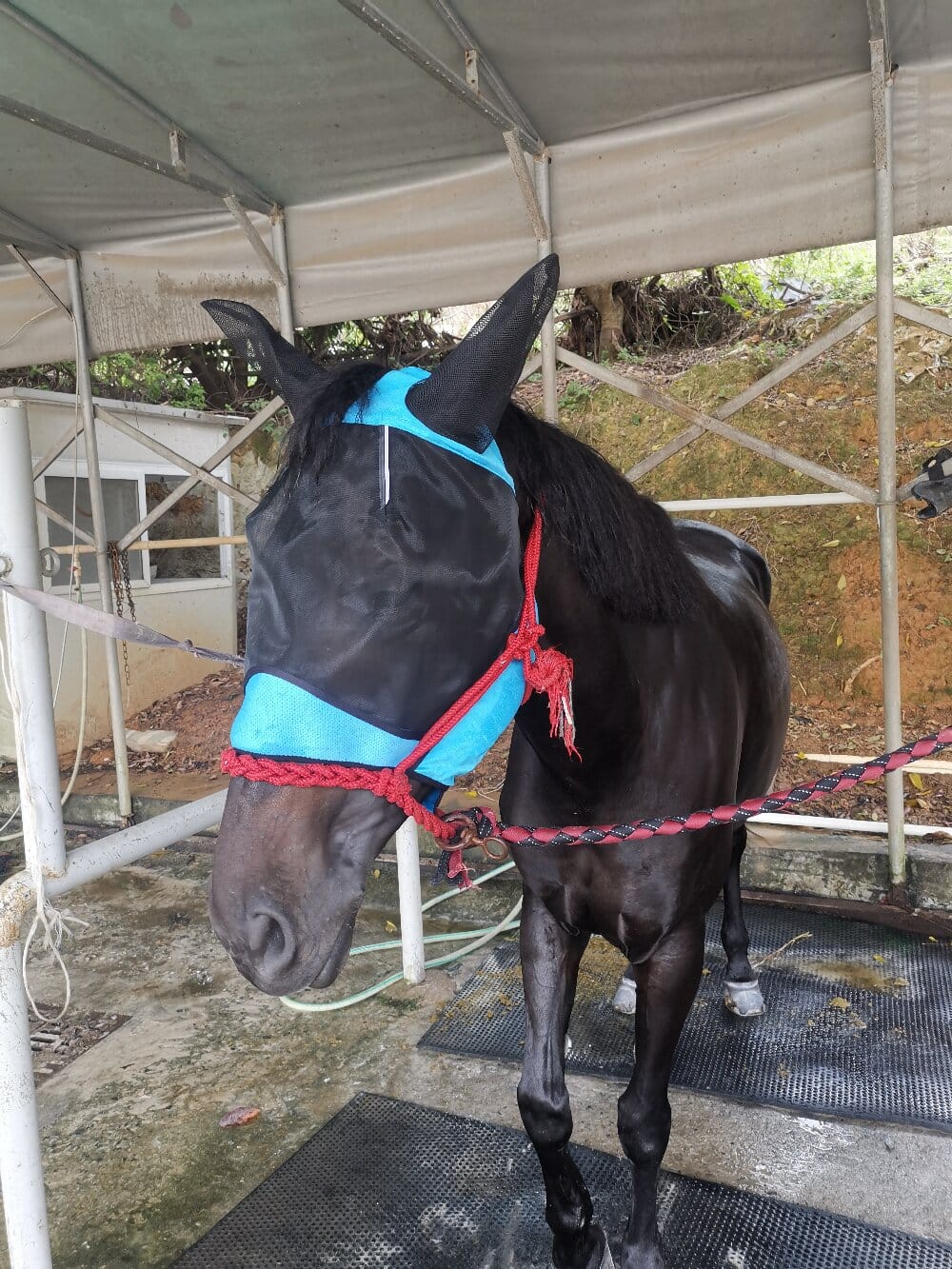A horse fly mask is an essential piece of equestrian gear designed to protect your horse from irritating insects, harmful UV rays, and potential eye injuries. Whether you own a competition horse or a pasture companion, investing in a high-quality fly mask can significantly improve your horse’s comfort and well-being. In this article, we’ll explore the benefits, types, and expert tips for choosing the best fly mask for your equine friend.
The Benefits of Using a Horse Fly Mask
Fly masks serve multiple purposes beyond just keeping flies at bay. Here’s why experts recommend them:
- Insect Protection: Flies, mosquitoes, and gnats can cause stress, infections, and even diseases like conjunctivitis. A well-fitted fly mask acts as a barrier.
- UV Protection: Many masks offer UV-blocking materials to shield sensitive eyes from sun damage, especially for horses with light-colored coats.
- Prevents Eye Injuries: Horses are prone to scratching their eyes on branches or debris. A durable mask reduces this risk.
- Reduces Stress: Constant insect harassment can make horses anxious. A mask helps them stay calm and focused, whether in the field or during training.
Types of Horse Fly Masks
Not all fly masks are created equal. Depending on your horse’s needs, you can choose from several styles:
- Standard Fly Masks: Basic mesh designs that cover the eyes, ears, and sometimes the muzzle. Ideal for general fly protection.
- UV-Blocking Masks: Made with specialized materials to block harmful rays, perfect for horses prone to sunburn.
- Ear Covers: Extended designs that protect the ears from insects and sun, great for horses sensitive to bugs.
- Full-Face Masks: Covers the entire face, including the muzzle, offering maximum protection for horses with allergies or skin conditions.
Expert Tips for Choosing the Right Fly Mask
Selecting the perfect horse fly mask requires careful consideration. Here’s what equine professionals advise:
- Prioritize Fit: A mask that’s too tight can rub, while a loose one may slip off. Measure your horse’s head and check adjustable straps.
- Material Matters: Look for breathable, lightweight fabrics that won’t overheat your horse in summer.
- Durability: Reinforced stitching and tear-resistant mesh ensure longevity, especially for active horses.
- Easy Maintenance: Machine-washable masks save time and keep hygiene in check.
- Visibility: Ensure the mesh doesn’t obstruct your horse’s vision, as poor visibility can cause accidents.
Common Mistakes to Avoid
Even experienced horse owners can make errors when using fly masks. Here are pitfalls to steer clear of:
- Leaving Masks On 24/7: While convenient, masks should be removed regularly to check for rubs or irritation.
- Ignoring Weather Conditions: In heavy rain, a wet mask can cause skin issues. Opt for waterproof or remove it during storms.
- Choosing Style Over Function: Fancy designs may look appealing, but prioritize comfort and protection first.
Final Thoughts on Horse Fly Masks
A horse fly mask is more than just an accessory—it’s a vital tool for maintaining your horse’s health and happiness. By selecting the right type, ensuring a proper fit, and avoiding common mistakes, you can provide your equine companion with relief from pests and environmental stressors. Whether your horse spends its days grazing in the pasture or competing in events, a quality fly mask is a small investment with significant returns.

